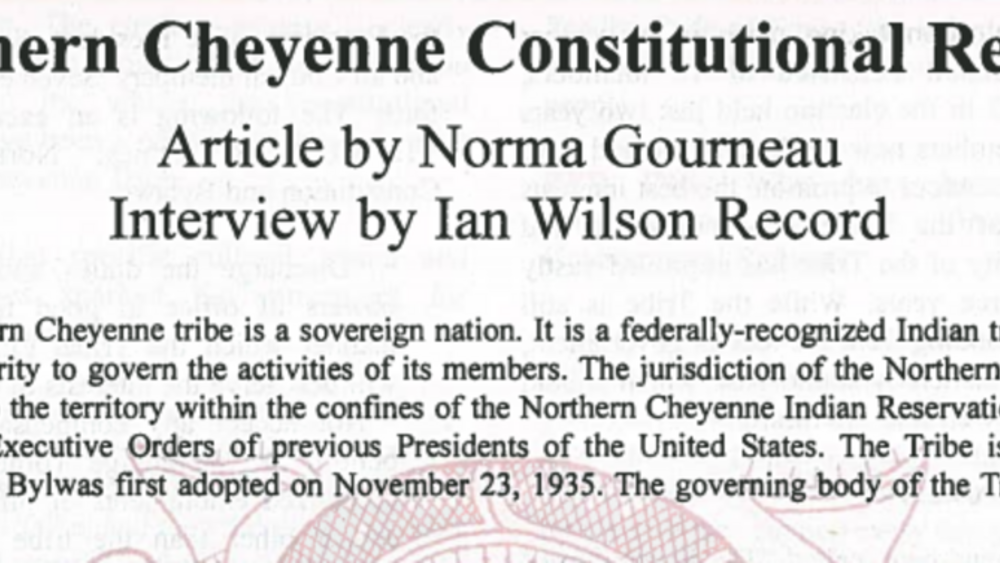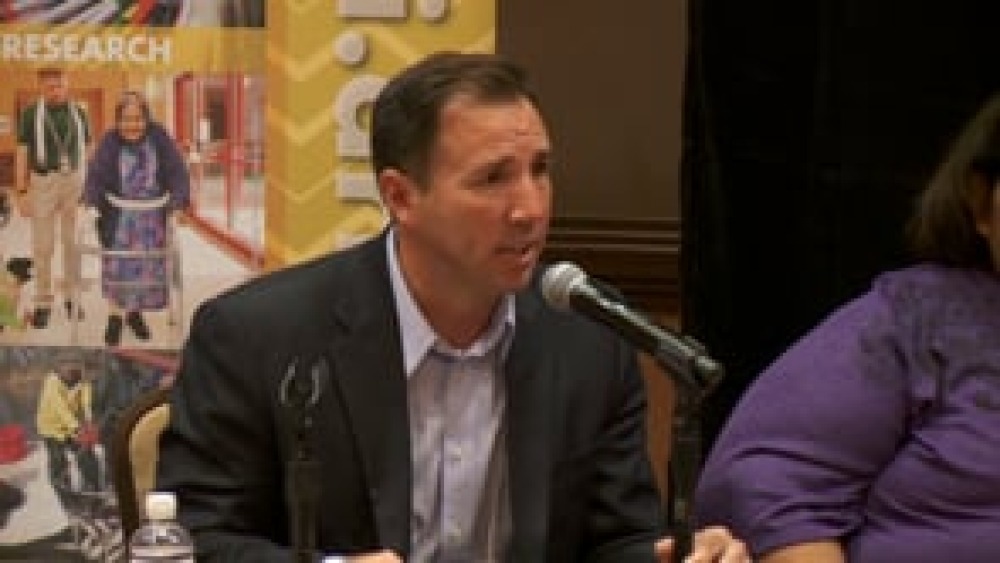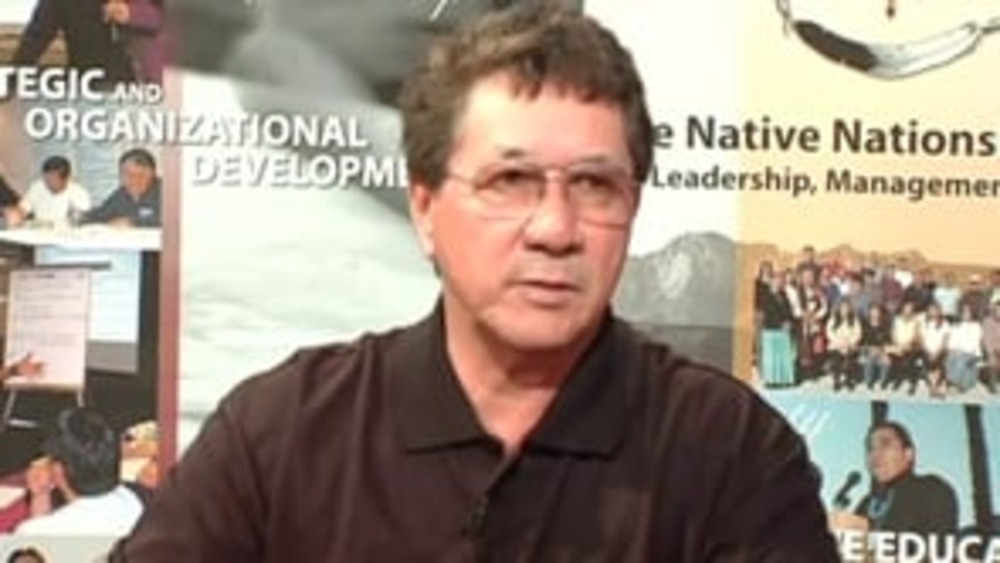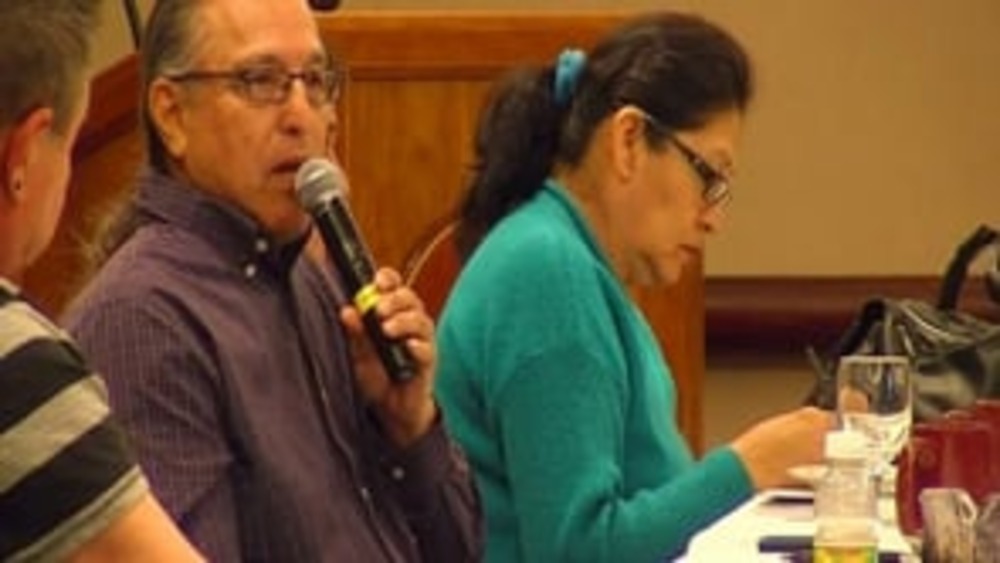Indigenous Governance Database
code of ethics

Rigorous and Systematic Qualitative Data Analysis in Biological Anthropology
Biological anthropologists have long engaged in qualitative data analysis (QDA), though such work is not always foregrounded. In this article, we discuss the role of rigorous and systematic QDA in biological anthropology and consider how it can be under- stood and advanced. We first establish what…

Using Indigenous Standards to Implement the CARE Principles: Setting Expectations through Tribal Research Codes
Biomedical data are now organized in large-scale databases allowing researchers worldwide to access and utilize the data for new projects. As new technologies generate even larger amounts of data, data governance and data management are becoming pressing challenges. The FAIR principles (Findable,…

Northern Cheyenne Constitutional Reform
The Northern Cheyenne Tribe is a sovereign nation. It is a federally-recognized Indian tribe with powers and authority to govern the activities of its members. The Tribe is governed by a Constitution and Bylaws first adopted on November 23, 1935. In the early 1990s, in order to meet the…

Catalina Alvarez and Robert McGhee: What I Wish I Knew Before I Took Office (Q&A)
Tribal leaders Catalina Alvarez (Pascua Yaqui Tribe) and Robert McGhee (Poarch Band of Creek Indians) field questions from seminar participants on an array of topics ranging from codes of ethics to creating mechanisms for transparent governance.

NNI Indigenous Leadership Fellow: Michael Kanentakeron Mitchell (Part 2)
In part two of his Indigenous Leadership Fellow interview, Grand Chief Michael Mitchell of the Mohawk Council of Akwesasne touches on a wide range of nation-building topics, notably the importance of clearly defining the distinct roles and responsibilities of leaders and administrators working on…

Jamie Fullmer, Rebecca Miles and Darrin Old Coyote: Our Leadership Experiences, Challenges, and Advice (Q&A)
Jamie Fullmer (former Chairman of the Yavapai-Apache Nation), Rebecca Miles (Executive Director and former Chairwoman of the Nez Perce Tribe) and Darrin Old Coyote (Chairman of the Crow Tribe) field questions from seminar participants about how they have negotiated the fundamental challenges of…
